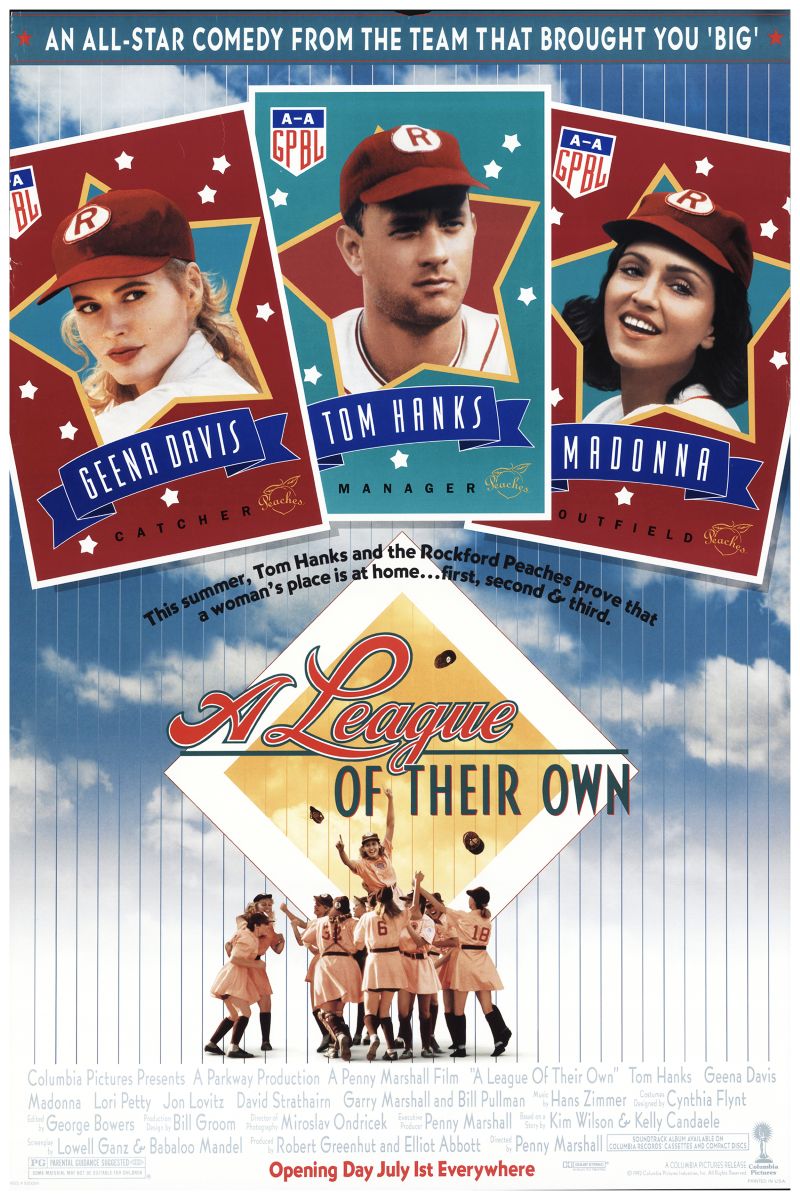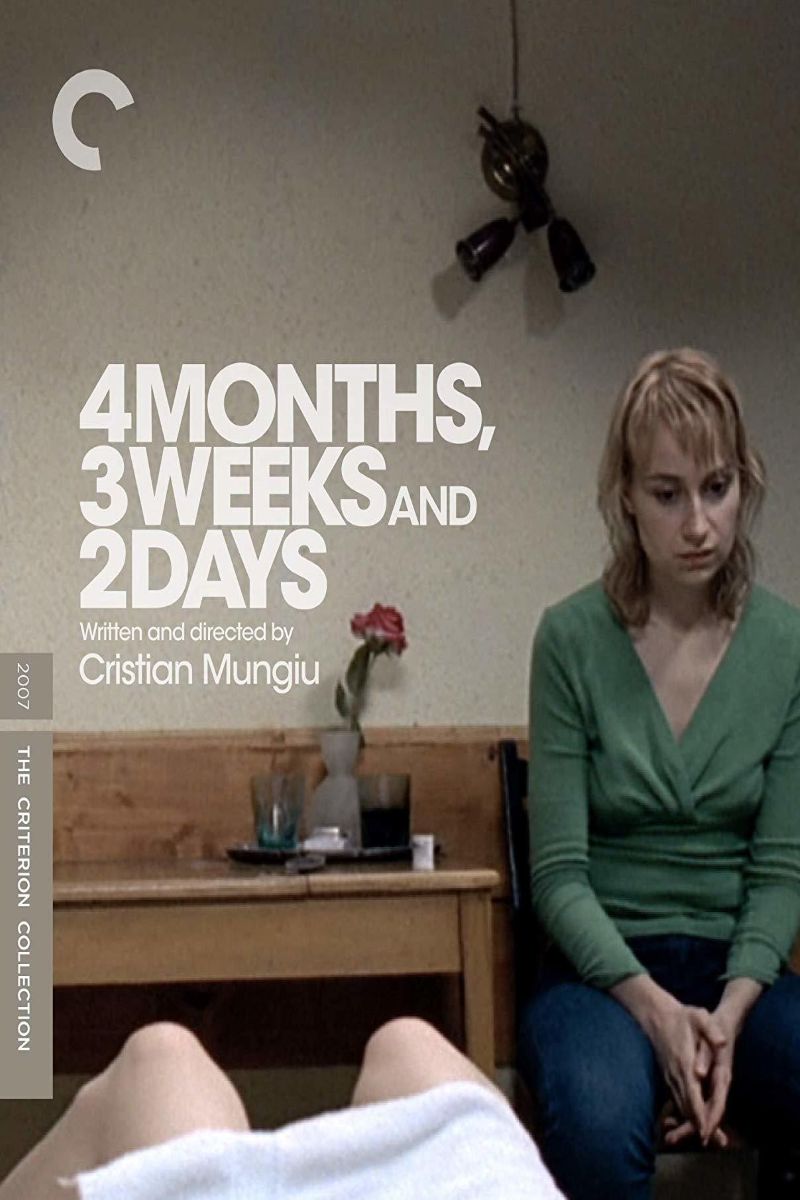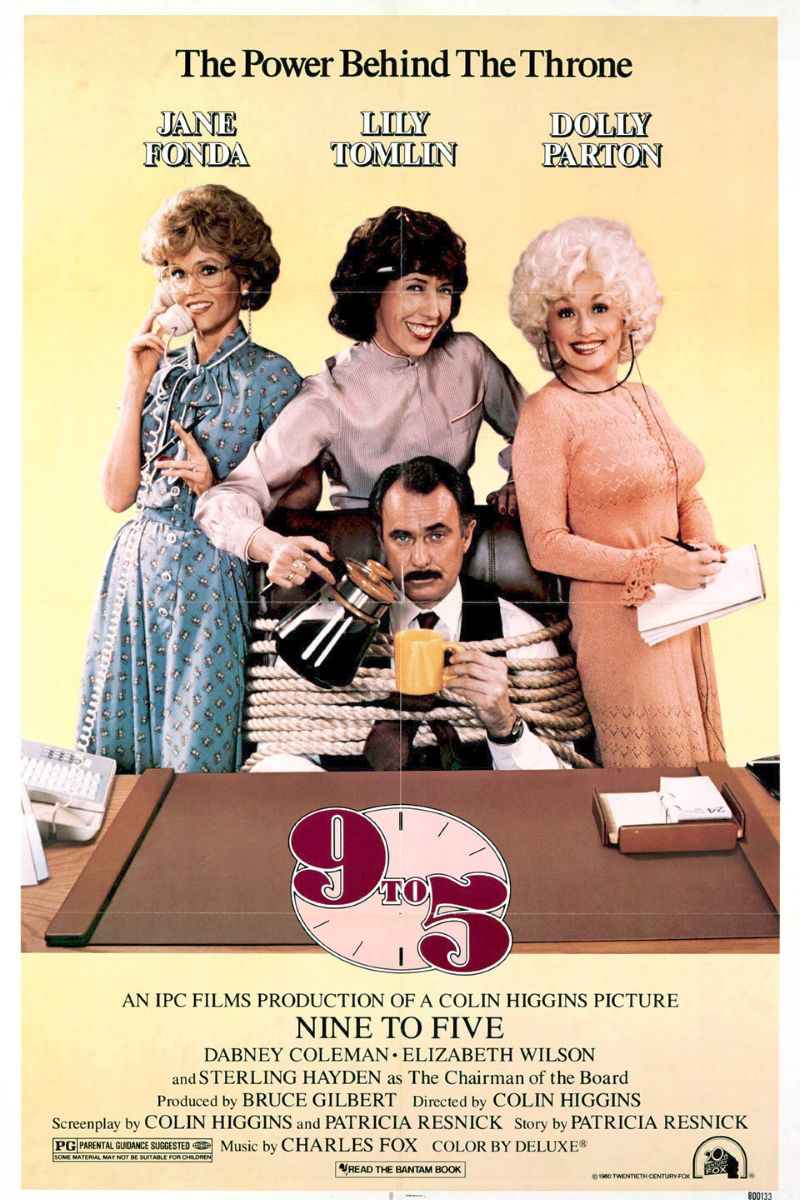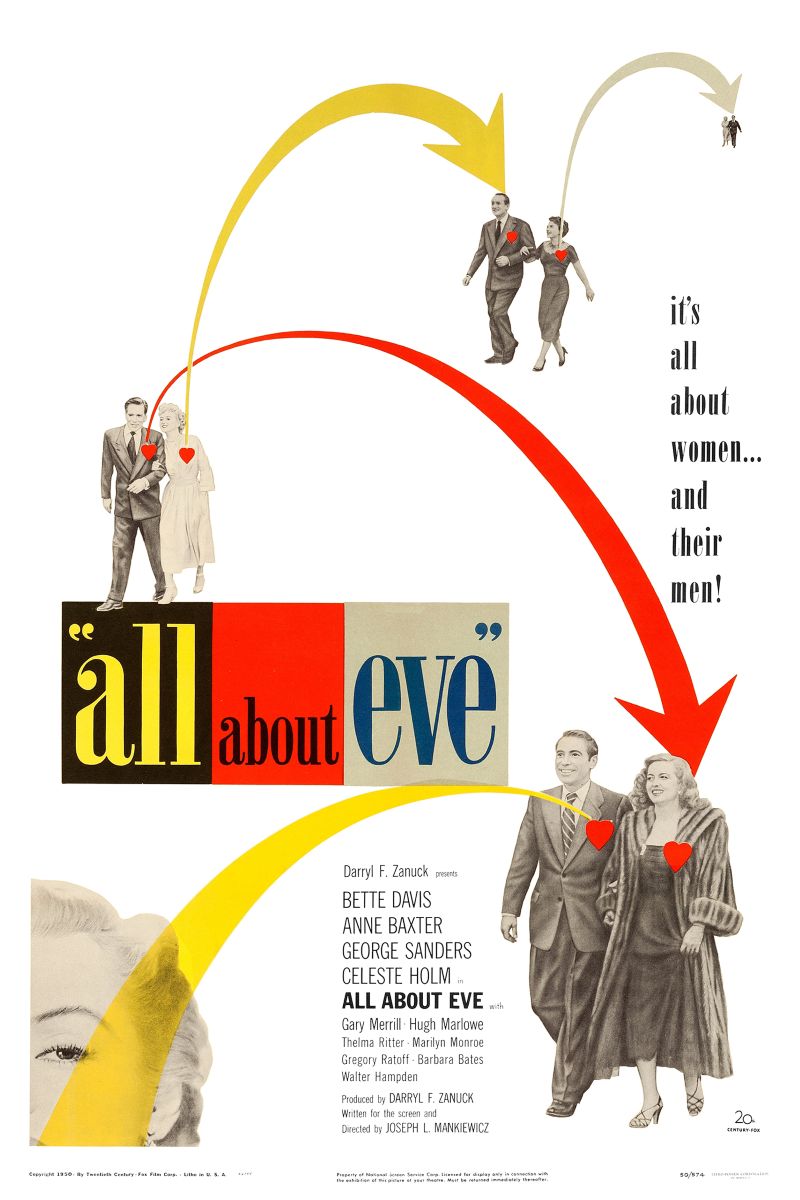
A League of Their Own
A League of Their Own
The late Penny Marshall directed this gem about the very first female professional baseball league. Geena Davis stars as the World War II–era catcher fighting the patriarchy, and Tom Hanks plays the cranky team manager with a heart of gold. As inspirational as it is just plain entertaining, the film encourages female viewers young and old to embrace the champion stifled inside each one of us.
Cast
Related Topics
🎥 Film Analysis & Review
“A League of Their Own” stands as one of the most beloved and influential sports films of the 1990s, masterfully blending entertainment with profound social commentary about women’s capabilities and society’s gendered expectations. Directed by the late Penny Marshall, this 1992 gem transforms the true story of the All-American Girls Professional Baseball League into a powerful celebration of female athleticism, determination, and sisterhood that continues to inspire audiences more than three decades after its release.
Historical Foundation and Feminist Reclamation
The film emerged from a remarkable piece of hidden history—the All-American Girls Professional Baseball League, which operated from 1943 to 1954 during and after World War II. When men left for the war, women stepped onto professional baseball diamonds across America, proving their athletic prowess while maintaining the national pastime. Yet this extraordinary chapter in sports history had been largely forgotten, relegated to dusty archives and fading memories.
Marshall’s decision to resurrect this story represents a crucial act of feminist historical reclamation. By bringing these women’s experiences to mainstream cinema, she challenged the dominant narrative that positions sports as fundamentally masculine territory. The film argues that women’s exclusion from professional athletics stems not from natural limitations but from systemic barriers and cultural prejudices that deny them opportunities to demonstrate their abilities.
The Politics of Athletic Excellence
Through the character of Dottie Hinson (Geena Davis), the film explores the complex negotiations women must make between excellence and femininity. Dottie possesses extraordinary baseball talent—she can catch, hit, and strategize with the best of them—yet she constantly downplays her abilities, claiming she doesn’t take the game seriously. This internal conflict reflects broader cultural tensions about ambitious women and society’s discomfort with female power.
The film reveals how patriarchal structures force women to choose between athletic achievement and social acceptance. Dottie’s sister Kit (Lori Petty) embodies the hunger for recognition that women are taught to suppress, desperately wanting to be seen as the talented athlete she is. Their relationship illuminates how women are often pitted against each other in competition for limited opportunities, rather than recognizing that the real enemy is a system that restricts all women’s potential.
Challenging Feminine Performance
One of the film’s most subversive elements is its examination of performed femininity through the league’s charm school requirements. The women must attend classes on etiquette, makeup, and “ladylike” behavior—a stark reminder that even when women demonstrate exceptional athletic ability, society still demands they conform to narrow definitions of acceptable womanhood.
The charm school scenes serve as brilliant satire of the impossible standards imposed on women: be competitive but not aggressive, strong but not threatening, talented but not cocky. Mae Mordabito (Madonna) and Doris Murphy (Rosie O’Donnell) represent different forms of resistance to these expectations—Mae through her unapologetic sexuality and Doris through her working-class authenticity and refusal to perform conventional femininity.
The Complexity of Male Allyship
Tom Hanks’s character, Jimmy Dugan, provides a nuanced exploration of male attitudes toward women’s capabilities. Initially dismissive and alcoholic, Jimmy arrives at the team with the assumption that women’s baseball will be inferior entertainment. His gradual recognition of the players’ skill and dedication mirrors society’s potential for growth when exposed to women’s actual abilities rather than stereotypical assumptions.
Jimmy’s famous declaration that “there’s no crying in baseball” has become iconic, but the film complicates this moment by showing how different emotional expressions might be equally valid and powerful. The women’s tears aren’t signs of weakness but expressions of passion and frustration at systemic limitations—a reframing that challenges traditional masculine norms about emotional suppression.
Economic Independence and Self-Determination
The film subtly addresses economic themes by showing how professional baseball provides these women with unprecedented financial independence. For many players, the league represents their first opportunity to earn substantial money through their own abilities rather than dependence on husbands or families. This economic autonomy becomes a foundation for broader self-determination and challenges to traditional gender roles.
The wartime context adds additional layers to these themes, as women’s entry into baseball parallels their movement into factory work and other traditionally male occupations. The film suggests that women’s capabilities don’t emerge during crises but are always present, waiting for societal permission to be expressed.
Sisterhood and Collective Strength
While sports films often focus on individual heroism, “A League of Their Own” emphasizes collective achievement and female solidarity. The Rockford Peaches succeed not through any single star but through their mutual support, shared determination, and willingness to challenge both external opposition and internal conflicts.
The film explores how women’s relationships with each other become sources of strength rather than competition when they recognize their common interests. Even the rivalry between Dottie and Kit ultimately serves their mutual growth, pushing both to exceed their perceived limitations.
Legacy and Contemporary Relevance
The film’s enduring popularity speaks to its successful balance of entertainment and social commentary. By wrapping feminist themes in the accessible package of a sports comedy-drama, Marshall created a work that could reach audiences who might otherwise resist more explicitly political content.
The 2012 selection of “A League of Their Own” for the National Film Registry recognized its cultural and historical significance, cementing its status as more than entertainment. The film’s influence can be seen in subsequent sports films featuring women and in growing awareness of women’s athletic history.
The Power of Representation
Perhaps most importantly, “A League of Their Own” demonstrates the transformative power of seeing women as complete human beings—talented, flawed, competitive, and complex. By refusing to simplify these characters into either victims or superheroes, the film creates space for audiences to recognize women’s full humanity.
The movie’s famous closing sequence, showing the real-life players from the AAGPBL visiting the Baseball Hall of Fame, bridges fiction and reality in a powerful reminder that these weren’t just characters but real women whose stories deserved to be told. This connection between Hollywood representation and historical truth underscores the film’s role in correcting decades of cultural amnesia about women’s achievements.
Conclusion: Champions Within
“A League of Their Own” succeeds because it understands that the real championship isn’t won on a baseball diamond but in the broader struggle for recognition, respect, and the right to pursue excellence without apology. The film’s message—that there are champions within all women waiting for the opportunity to emerge—remains as relevant today as it was in 1992.
Marshall’s direction creates a world where women’s athletic prowess is celebrated rather than diminished, where female friendship strengthens rather than threatens, and where the pursuit of excellence becomes an act of rebellion against limiting expectations. In doing so, the film doesn’t just tell the story of a forgotten baseball league but offers a blueprint for how society might fully embrace and celebrate women’s capabilities across all domains of human achievement.
The enduring appeal of “A League of Their Own” lies in its fundamental optimism about human potential and its insistence that given the opportunity, women will not merely participate but excel, transforming not just themselves but the very nature of the games they choose to play.
🏆 Awards & Recognition
- • National Film Registry Selection 2012
- • Casting Society of America Award
- • Young Artist Award
⭐ Ratings & Links
Related Recommendations
Comments & Discussion
Discuss this video with other viewers
Join the Discussion
Discuss this video with other viewers
Loading comments...



